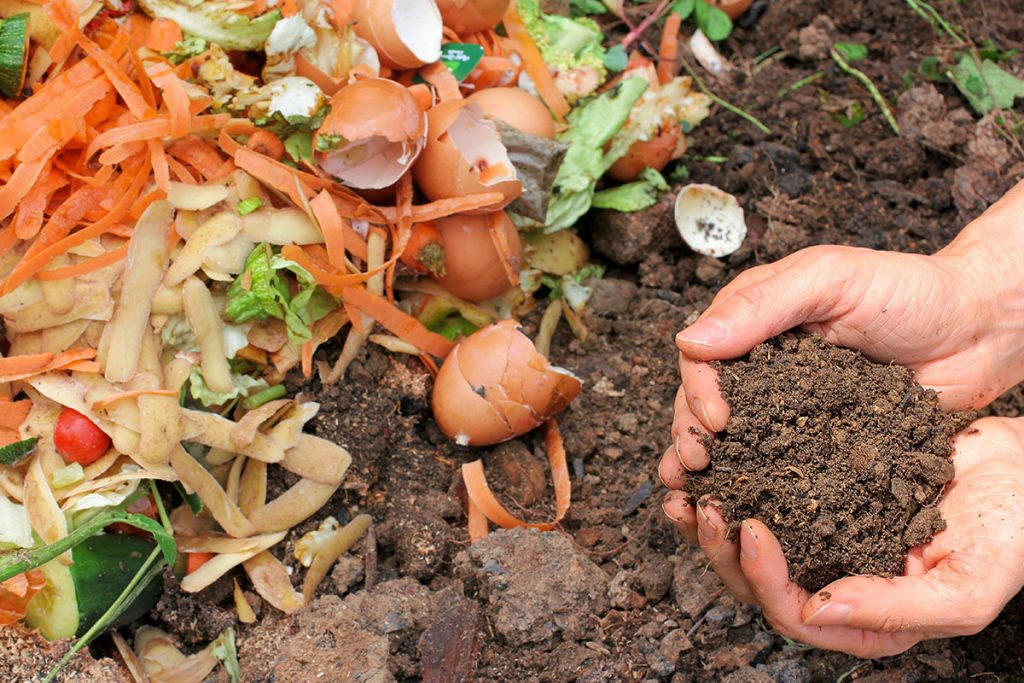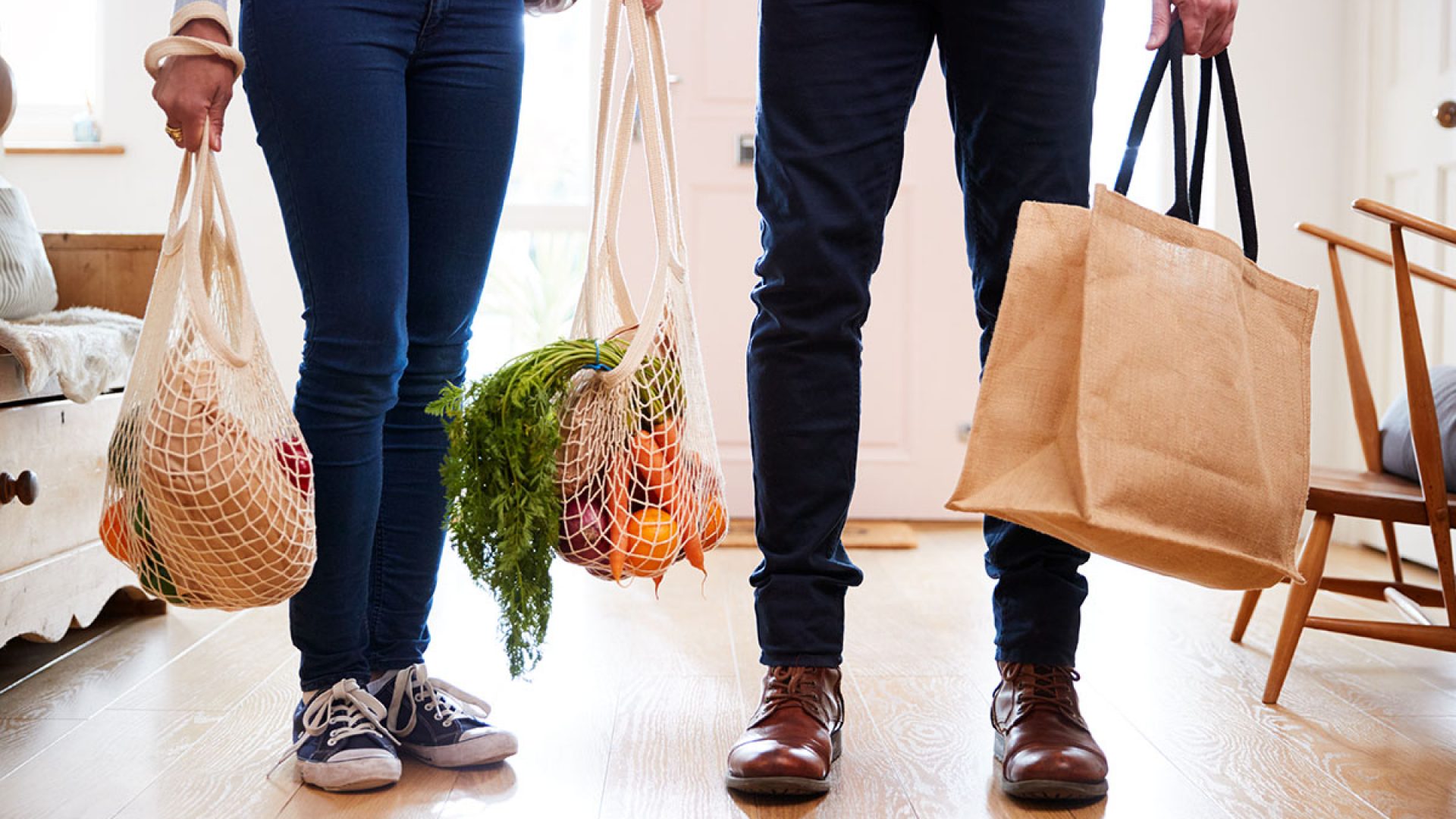November 15th is America Recycles Day, a part of the Keep America Beautiful program. All over the country, people are encouraged to host events and educate those around them on the importance of reducing, reusing, and recycling. Since it’s easy to sort things in the recycling bin for plastics and papers, this blog is your guide to the “reducing” and “reusing” portion of the three R’s. In addition to reducing your environmental impact, recycling is a great way to reduce your spending too.
Reduce, Reuse, Reconsider
If part of your grocery shopping involves buying single-use plastics like plastic water bottles, consider picking up a refillable bottle. In addition to saving you money, these reusable bottles vastly reduce the amount of plastic you’re consuming. Every year, over 50 billion plastic water bottles are used in the US alone, costing consumers as much as 17 million barrels of crude oil. If you get a wide-mouthed bottle, slice fresh fruit like kiwis and strawberries and put them in your water overnight to give your drinks a fruity taste that will keep things fresh.
When you show up to the grocery store, make sure you’ve got your own reusable bags with you. In addition to reducing the amount of plastic you’re consuming, you’ll also be keeping your groceries safer. Cloth totes are much sturdier and less likely to rip under pressure than plastic or paper shopping bags, which means your fruit will make it to that drawer in your fridge unbruised and not having touched the grocery store parking lot. In addition to reducing the amount of plastic used, many grocery stores will offer discounts for bringing your own bags for your groceries.

Your Trash is Treasure
While it may be nice to have a dedicated spot to grow herbs and vegetables in your backyard, you don’t need a greenhouse to make a green home. Lennar homes come standard with a number of environmentally friendly add-ons, like water-conservative commodes, LED lighting, a number of other home features, thanks to an Everything’s Included® approach to homebuilding.
If you’re interested in growing your own food, get a start on your soil with a home compost garden. Composting creates a nutrient-rich environment for your plants to grow in, and reduces as much as 30% of household waste. In addition to this, the crops that come from your compost will be better for you, free of the harmful chemicals that can be found in commercial fertilizers. Here’s a guide to get started on your backyard composting.
By making it a point to be mindful of what you’re purchasing and how you discard your waste, you can vastly reduce your carbon footprint and make a dent in your family’s expenses as well. Making simple switches like reusing a water bottle and having reusable bags may seem small, but every little bit adds up, and if everybody does their part, it will be easy to see the difference. For more ways to protect the planet—and your paycheck—be sure to Like Lennar on Facebook.




